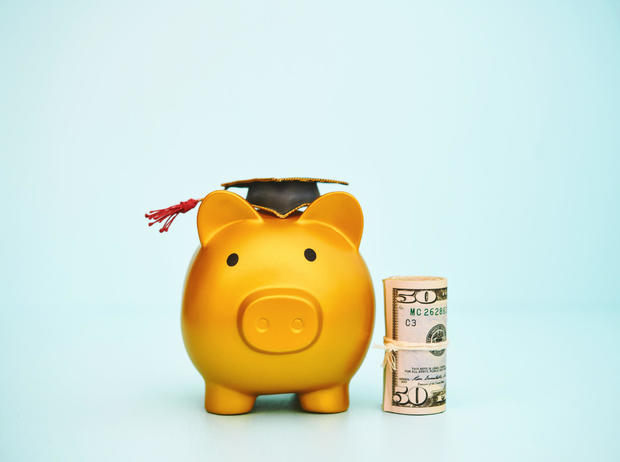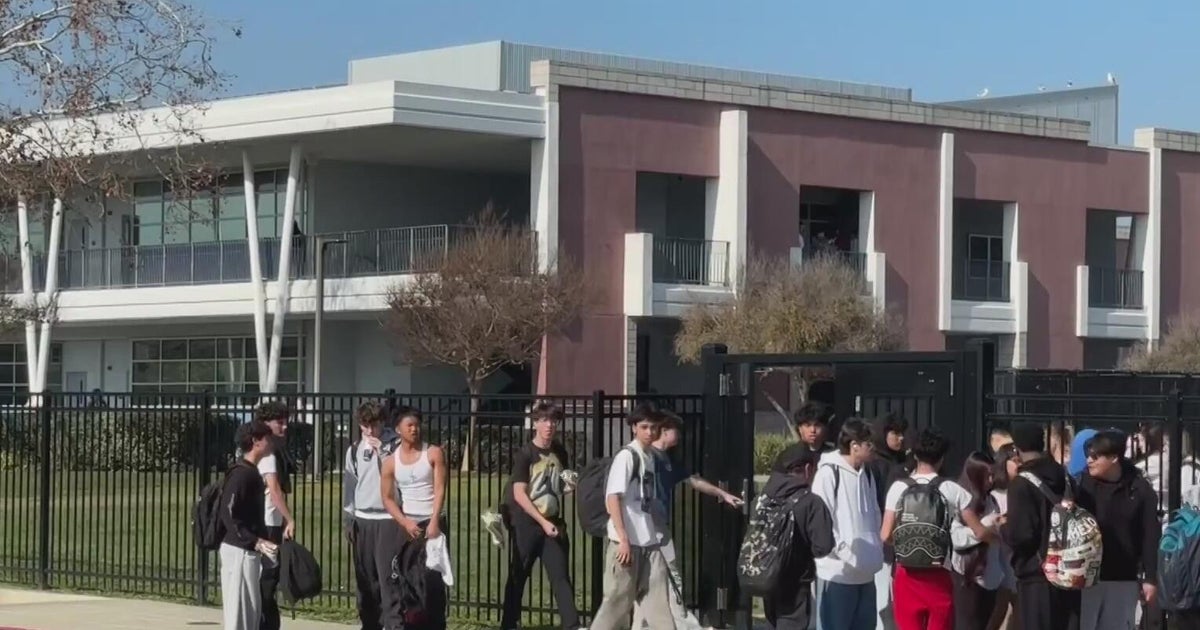4 big student loan mistakes experts say to avoid
The school year is quickly approaching, and if you or your student is heading off to college in the fall, you're probably spending much of this summer looking at your finances. How will you pay for tuition? What about housing, supplies, and books?
Both federal and private student loans can help. But for new students, they can also feel pretty complicated.
Want to make sure your student loan journey is successful? Be sure to avoid these mistakes many people make when borrowing money for school.
Find out how affordable the right private student loans can be now.
4 big student loan mistakes experts say to avoid
Here are the four mistakes experts say not to make.
Not maxing out your federal loans first
Federal student loans should always be your first line of defense. Not only do they come with lower interest rates than private student loans, but they also have more repayment options, which can help if you're in a financial bind later on.
"Always start with federal student loans in the student's name first," says Angela Colatriano, chief marketing officer at College Ave. "If you still have a gap to cover, that's when private student loans could come into play."
Federal loans also don't charge interest while you're in school, and they can be easier to qualify for, as they're not based on credit.
"Federal loans do not require a credit check or a co-signer, which makes them more accessible to a broader range of students — including those who may not have established credit histories," says Joel Bauman, senior vice president for enrollment management at Duquesne University.
Explore your top private student loan options online now.
Not thinking ahead
Thinking only in the here and now is a big mistake, too, experts say. For one, you need to consider how your loans could impact your — or your family's — future finances.
"Getting a student loan, private or federal, will impact the family's credit and their ability to do other credit-related activities, such as obtaining or refinancing a mortgage," says Jack Wang, a wealth and financial aid advisor at Innovative Advisory Group. "Especially in the case of federal loans, since there's really no income underwriting. Families with low incomes can still borrow huge sums and then not be able to repay the loan when the student graduates."
That's another future problem to think about: overborrowing. If you borrow more than you really need, it could spell financial problems — or even a loan default — down the line.
"Borrowing more than necessary, especially for non-essential or lifestyle expenses, can lead to significant financial strain after graduation," Bauman says.
Waiting too long to make payments
You won't need to make payments on federal loans while in school, and many private student loans offer grace periods, too. But this doesn't mean you should take them — at least if you don't absolutely have to.
If you can add a little to your monthly payment — or even make occasional extra payments toward your loan after graduation (like when you get your tax refund or another windfall), it can make a big difference.
"When borrowers can pay extra on their loans, they should do so," says Stacey MacPhetres, senior director of education finance at Bright Horizons.
Just make sure the lender applies it to your principal balance rather than holding it until your next payment date, she says.
"Paying toward principal can reduce the overall time and repayment and total interest paid on the life of the loan," says MacPhetres.
Skipping payments when you're in a financial bind
If you find yourself in financial trouble, it can be tempting to skip your student loan payments — but that can hurt your credit and seriously limit your future financial options.
Your best bet is to be open and communicate with your lender as soon as you think you may have trouble making payments.
"Immediately reach out to your loan servicer to see what options are available," Colatriano says. "Don't ignore the issue."
Some lenders will offer options like deferment or forbearance, or with federal loans, you can get on an income-based repayment plan. These let you base your monthly payment on how much income you're bringing in.
The bottom line
Both federal and private student loans can help fund your education, but it's important to understand how these work and what they mean for your finances later on. Exhaust your federal options first, and then, if you need additional funds, turn to private student loans, which can fill in any gaps. Be sure to compare lenders, too, as requirements, rates, fees, repayment terms and other factors can vary widely from one company to the next.




